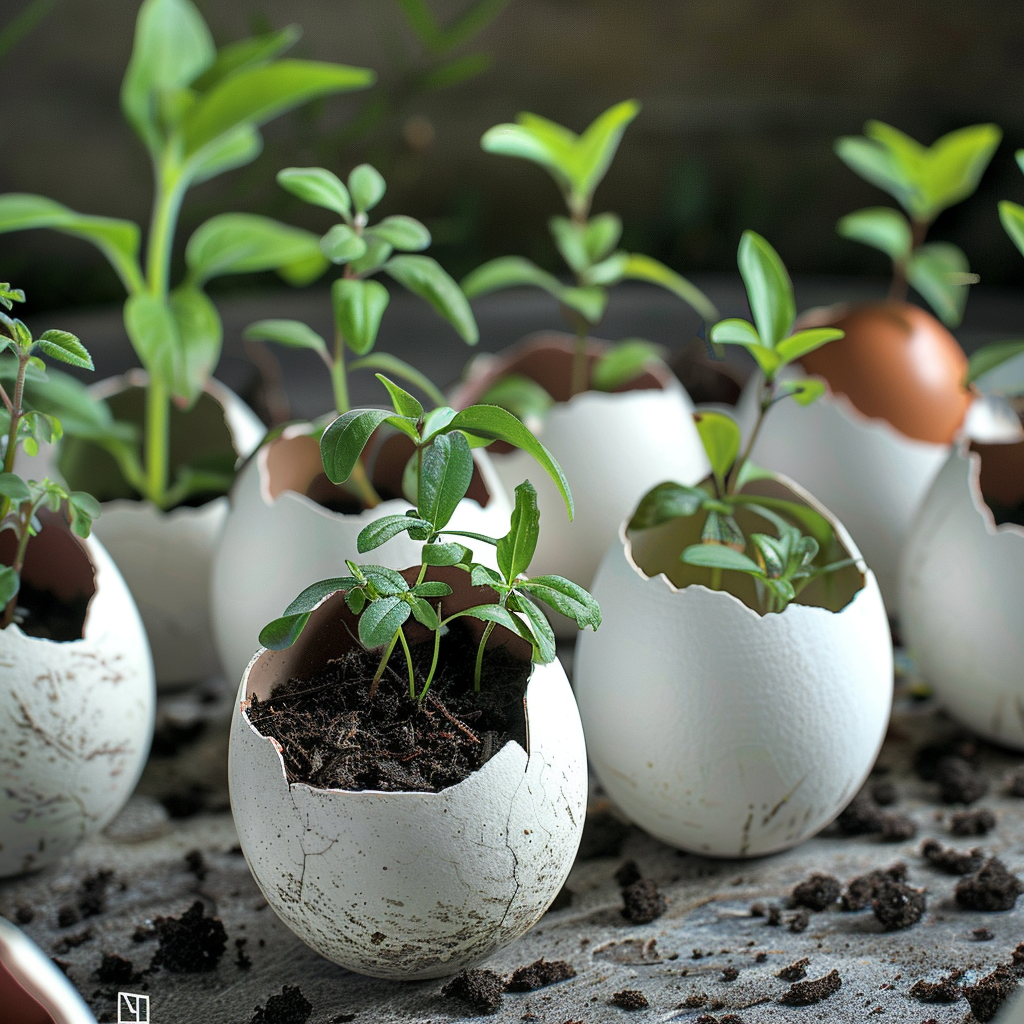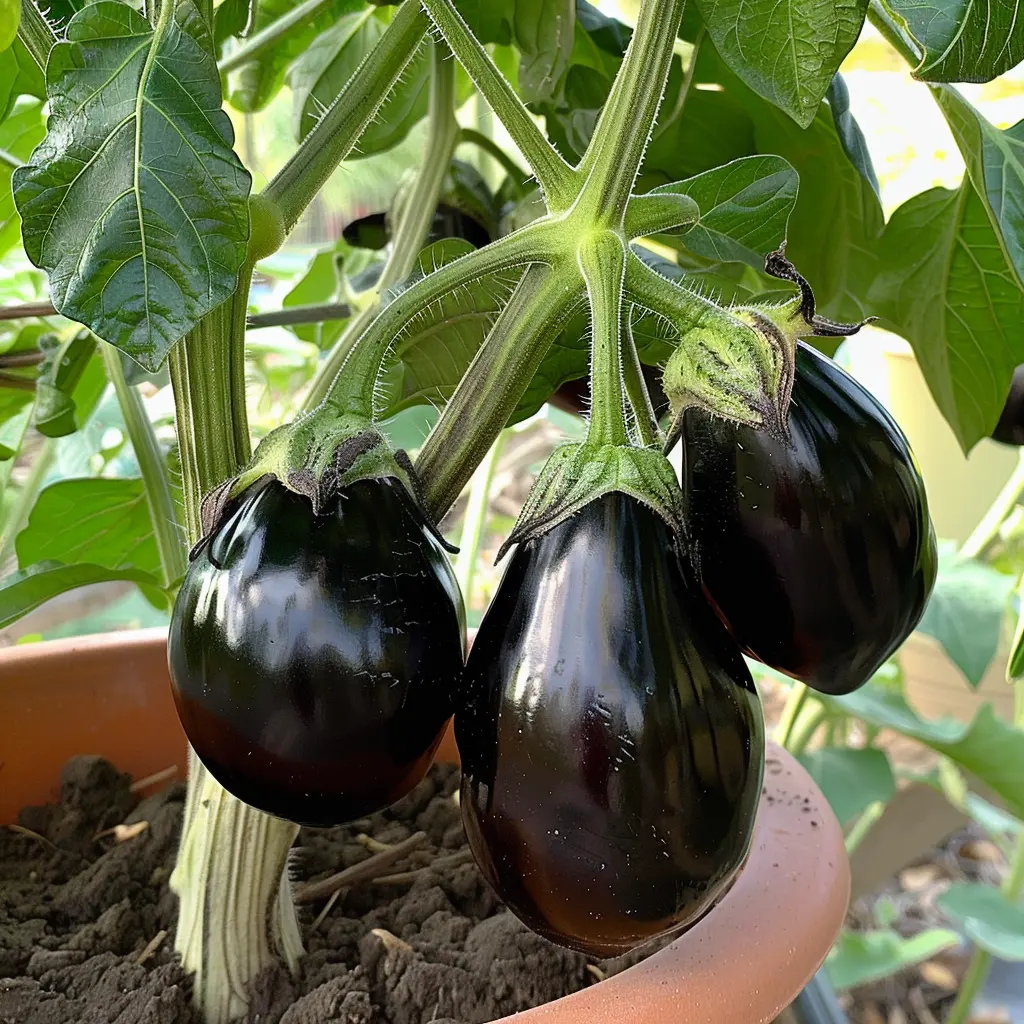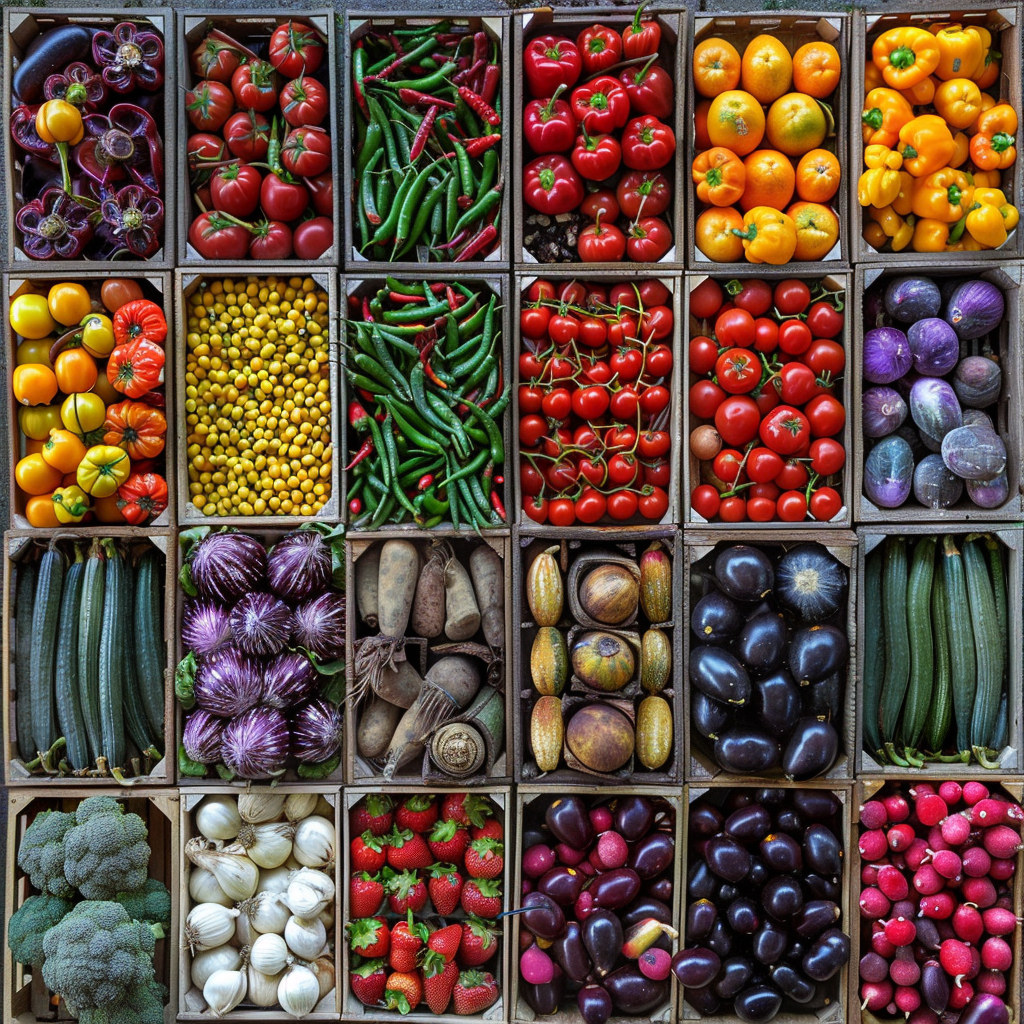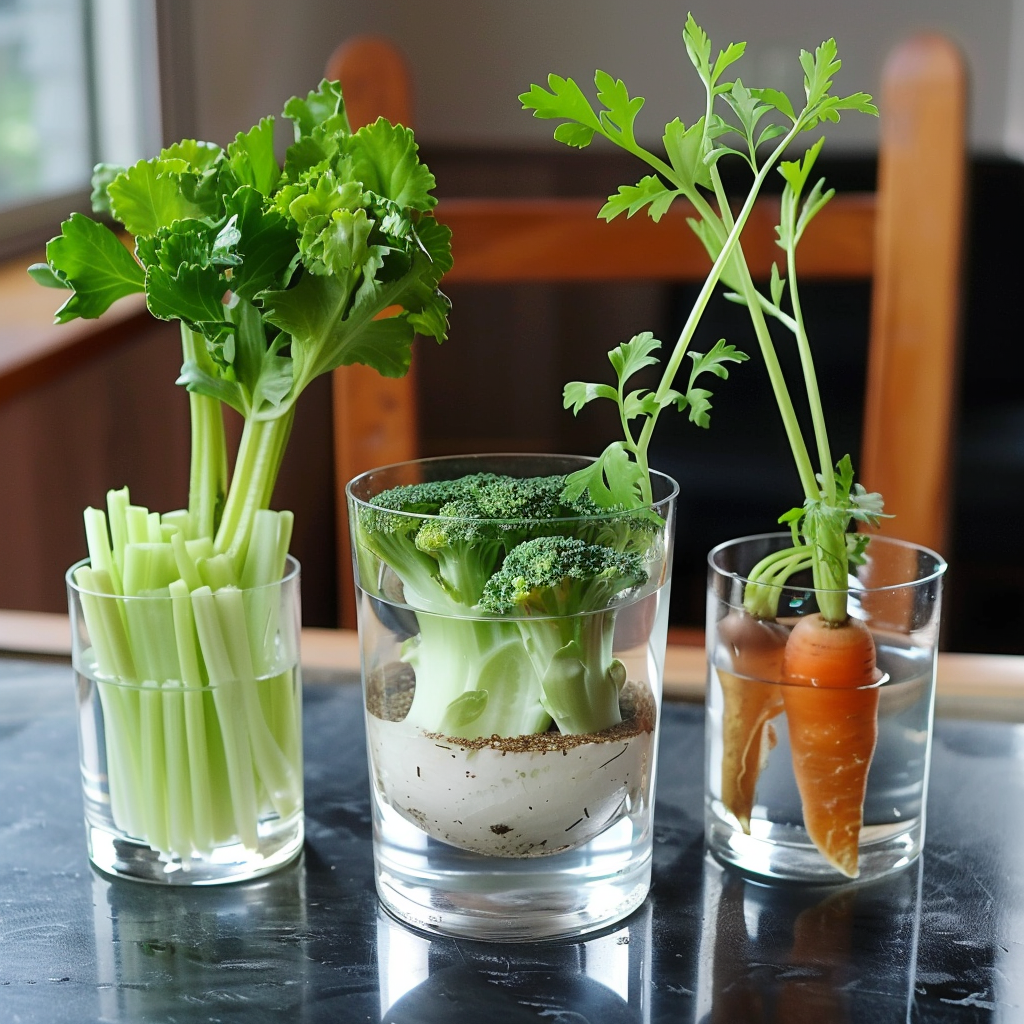WANT TO SAVE THIS RECIPE?
Homegrown cucumbers bursting with fresh flavor are a gardener’s delight. But did you know strategic organic fertilization can double your cucumber harvest? By nourishing plants and soil with key nutrients, you can unleash your cucumber plants’ full potential right in your own backyard.

The Benefits of Organic Cucumber Fertilizers
Synthetic fertilizers may promise results, but natural options enrich soil health while delivering vital nutrients. Organic fertilizers like compost or worm castings encourage beneficial microbial activity and improve moisture retention and nutrient absorption – conditions perfect for cucumber crops to thrive!
Compost: A Vital Base for Soil Fertility
Compost is a garden MVP, transforming nutrient-poor soil into vibrant, fertile ground. Mixing compost into cucumber beds provides a slow-release feast of nitrogen, phosphorous, and trace elements all season long. This builds soil structure and gives plants a nutritional foundation for excelling at every growth stage.
Worm Castings: Nutrient-Dense and Microbe-Rich
Worm castings, or vermicompost, take compost benefits further by concentrating nutrients and beneficial organisms. The castings’ rich mineral content with high microbial life enhances root growth and nutrient absorption in cucumber plants. Incorporate castings when planting or side-dress around plants.
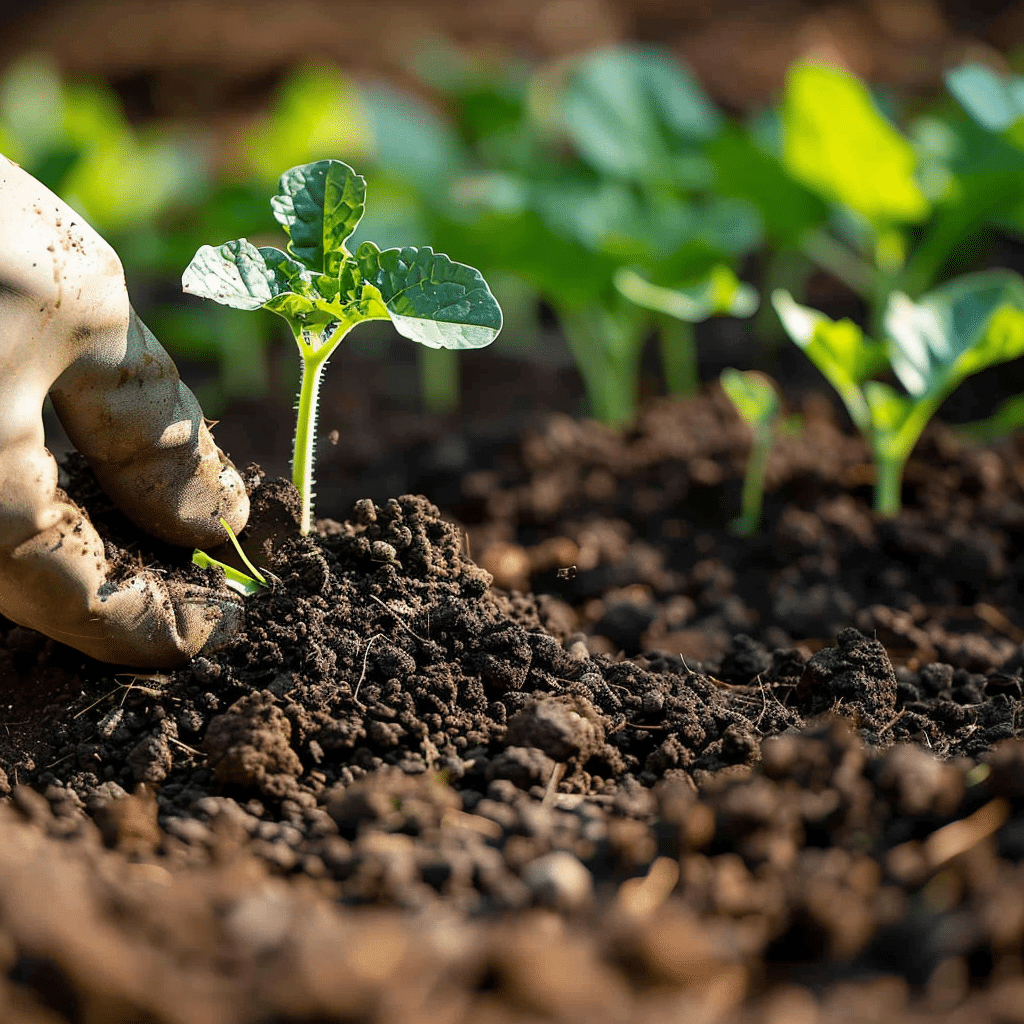
Fish Emulsion: A Bioavailable Nitrogen Source
Nitrogen is pivotal for vigorous cucumber foliage and plant growth. While compost contains nitrogen, fish emulsion fertilizers provide a faster-acting, highly bioavailable nitrogen source. The soluble nitrogen feeds soil microbes and plants, fueling productive vines and abundant blossoms.
Seaweed Extract: Growth-Enhancing Biostimulant
Unlike one-note fertilizers, seaweed extract delivers a spectrum of complemenatry nutrients. The mix of amino acids, antimicrobials, and phytohormones enhances resilience and growth efficiency. Regular foliar spraying with diluted seaweed extract bolsters cucumbers’ cellular metabolism and activity for better fruit production.
Epsom Salts: Critical Magnesium for Photosynthesis
The unique trick here is Epsom salt, or magnesium sulfate, for providing magnesium – an often overlooked nutrient that aids vital chlorophyll and enzyme production. Folially applying Epsom salt monthly prevents deficiency and keeps cucumber plants optimally photosynthesizing energy…and channeling that energy into fruits!
Soaking Up the Benefits: Proper Watering is Key
Even with ideal nutrients, insufficient moisture limits their availability and stresses plants. Use drip irrigation or hand water; established cucumber plants need at least 1” of water per week for strong growth and yield. Additionally, mulch around plants to retain soil moisture while suppressing weeds.
Combining balanced organic fertilization with attentive watering allows your cucumbers to transform those nutrients into an incredible harvest. Plus, building soil biology and structure translates into successive years of booming cucumber crops! Employ as many of these organic techniques as possible and get ready to enjoy your highest yielding cucumber garden ever.





